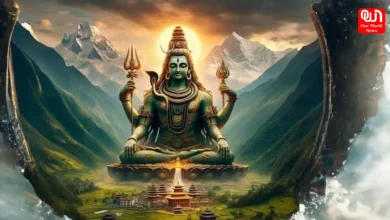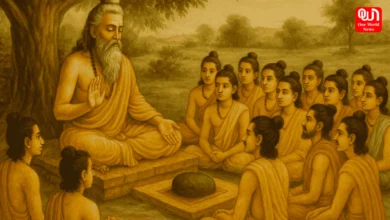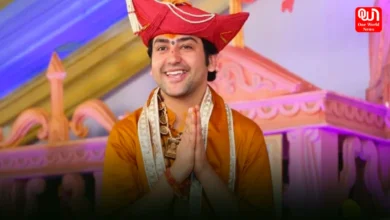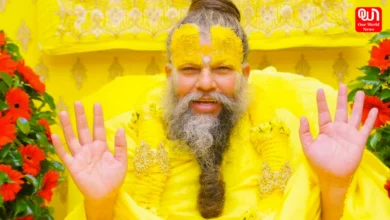Mahavir Jayanti Special: Mahavir’s teaching that one should follow to lead a happy life

The significance of Mahavir Jayanti!
Mahavir Jayanti is a significant day for the Jain community across the world. This year it will be celebrated on March 29. The festival is considered to be the most important one for Jain community and marks the birth anniversary of Lord Mahavir, the last Tirthankara which means saviour and spiritual teacher in Jainism. He was believed to be the 24th and the last Tirthankara to the right path. As per the Hindu calendar, Mahavir Jayanti is celebrated on the 13th day of the month Chaitra. As per the English calendar, it varies between the months of March or April. Mahavir Jayanti is also known as Mahaveer Janma Kalyanak or the Birth Anniversary of Lord Mahavira – the founder of Jainism.

All you need to know about Lord Mahavira!
Lord Mahavir was believed to be a proponent of non-violence and preached love and respect of all kinds of living beings or you can say every creature present on this earth. These values then translated into a religion that he found – Jainism. Lord Mahavir was born in the palace of Vaishali to King Siddhartha and Queen Trisala. He took over the kingdom when he came of age and ruled it for over 30 years after which he decided to give up all the things to seek enlightenment.
The precious teaching of Lord Mahavira that we should actually apply in our lives!
1.Believe in soul and karma: According to Mahavira, every element was a combination of material and spiritual factors. While the material factor is perishable, the spiritual factor is external and consistently evolving itself. He held that the soul was held in a state of bondage due to karma. He believed that the soul could be finally liberated only by the disintegration of Karmik force. According to him with the decay of the karmas, the intrinsic value of the soul can be highlighted and the soul shines. When the soul attains infinite greatness it becomes Paramatma, the pure soul, with infinite knowledge, power, and bliss.
Also Read: Bepanah Review: Maya VS Zoya, The Show Has Got Us Hooked!
2Nirvana: The second most important teaching of Lord Mahavira is Nirvana. The chief object of life according to Mahavira is to attain salvation. He, therefore, insisted on avoiding evil Karmas, prevent all kinds of fresh Karmas and destroy the existing ones. According to him, this could be attained through five vows viz., non-injury (Ahimsa), speaking the truth (Satya), non-stealing (Asteya), non-adultery (Brahmacharya) and non-possession (aparigraha).
In addition to taking these five vows, he also insisted on principles of right conduct, right faith, and right knowledge. Right conduct implied a dispassionate attitude towards senses. Right faith meant belief in the Jinas and right knowledge meant the knowledge of the eventual liberation.
3. Non- belief in God: Mahavira did not believe in God nor did he believe that he created the world. He never propagated himself. According to him, the world never comes to an end. No matter ends, it simply changes its form. Since the universe is also composed of certain matters it simply changes its form. We clearly find the influence of the Sankhya philosophy as far as this principle is concerned.
4.Ahimsa: Mahavira laid too much importance on Ahimsa. According to him all creatures, animals, plants, stones, rocks etc. possess life and one should not do any harm to the other in speech, deed or action. Though this principle was not entirely a new one, credit goes to the Jains that they popularized it and thereby put an end to the practice of various types of sacrifices.
5.Freedom to women: Last but not the least, the teaching of Lord Mahavira is that women should be given freedom. Mahavira favoured the freedom of women and believed that they also had the right to attain Nirvana. In this respect, Mahavira followed the example of his predecessor, Parsva Nath. Women were allowed in the Jain Sangha and many women became Sarmini and Savickas.
Have a news story, an interesting write-up or simply a suggestion? Write to us at info@oneworldnews.in







